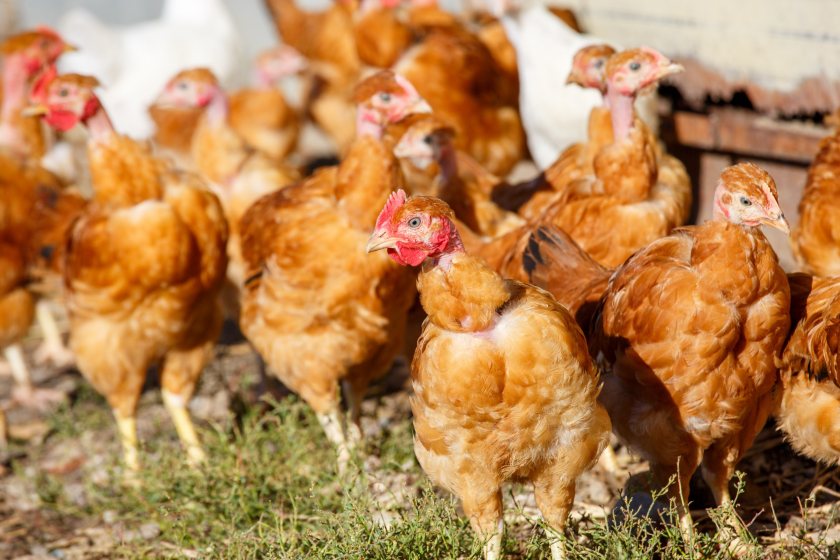
The government has confirmed three new cases of avian influenza in commercial poultry on farms in Norfolk and East Yorkshire.
In Norfolk, bird flu of the H5N1 strain was detected in commercial poultry at a premises near Dereham and on a farm near Watton.
All poultry on the infected premises will be humanely culled, the government said on Wednesday (11 December).
A 3km protection zone and 10km surveillance zone have also been put in place surrounding the premises.
Elsewhere, the H5N1 strain was also detected in commercial poultry at a farm located near Beverley, East Yorkshire.
A cull has been ordered and a 3km protection zone and 10km surveillance zone have been put in place, Defra confirmed.
So far this season, there have been six cases of bird flu in commercial poultry and captive birds.
The last UK outbreak of avian influenza in poultry prior to this season's first case in East Yorkshire on 5 November occurred in February.
Defra said of the latest cases: "If you’re in a bird flu disease control zone you must follow the rules for that zone and check if you need a licence to move poultry, poultry by-products, eggs, material or mammals.
"Practicing good biosecurity at all times protects the health and welfare of your birds and for commercial keepers will help protect your business from [bird flu] and other diseases."
UK chief veterinary officer, Christine Middlemiss urged farmers to remain alert for any signs of disease and to report suspected disease immediately.
"Immediate steps have been taken to limit the risk of the disease spreading and all remaining poultry at the farm will be humanly culled," she added.
“The UK Health Security Agency (UKHSA) has confirmed that the risk to the general public’s health is very low, and the Food Standards Agency (FSA) has said that bird flu does not pose a food safety risk for UK consumers.
“Winter is a greater risk period for avian influenza and this case demonstrates that, now is the time if you are a bird keeper to ensure you have very robust biosecurity."
It comes as the UK government recently confirmed it has prepared five million vaccine doses in case of an avian influenza pandemic this winter.
The vaccines would be used if the H5N1 strain spreads among humans, as part of preparations for any possible influenza pandemic.
Last month, the government raised the UK's avian influenza risk level in wild birds, from 'medium' to 'high'.
Disease risk level in poultry where there is suboptimal or poor biosecurity was increased to 'medium, with low uncertainty'.
The risk level where good biosecurity is consistently applied at all times remains at 'low with low uncertainty'.
